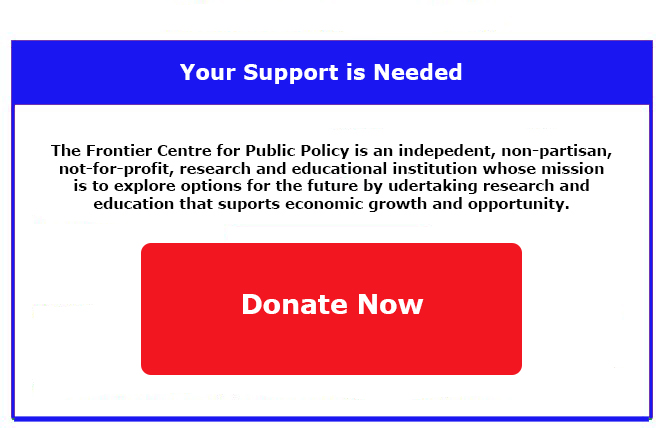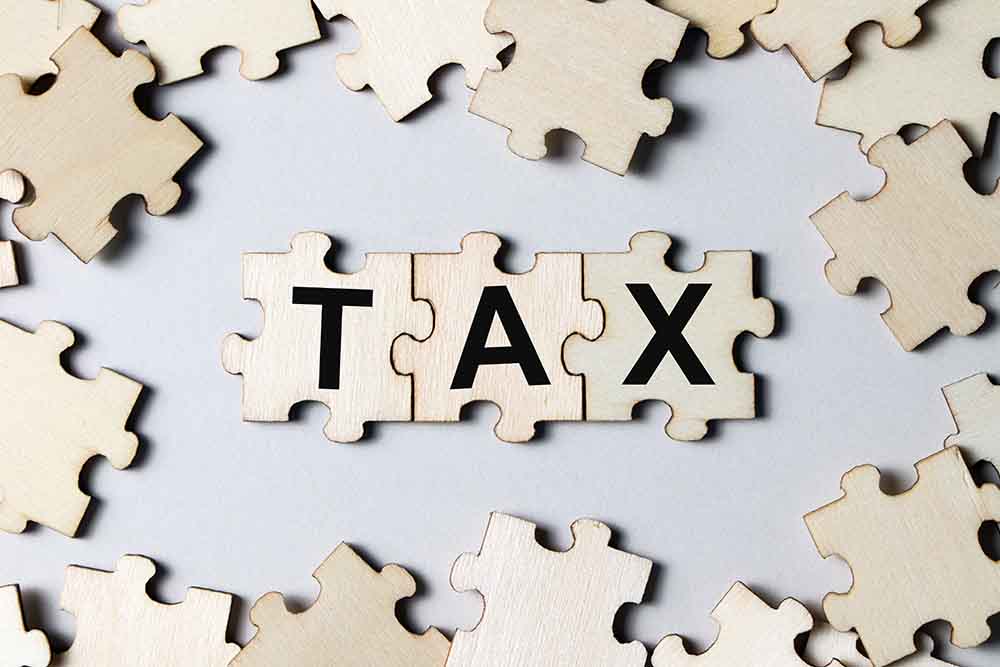Lately, ordinary citizens, voters and taxpayers are beginning to worry about something that usually only ‘dismal scientists’, i.e., economists, care about: our alarming federal and provincial deficits and exploding national debt.
While putting an economy into lockdown was assuredly going to reduce tax revenues and increase transfers to individuals and businesses to ameliorate the devastation thus wrought, it only became clear this summer the extent of the fiscal damage: a federal deficit of $343.2 billion for the current fiscal year ending next March, and a federal debt exceeding one trillion dollars, or just under 50% of GDP.
It will also be difficult to ratchet back all the support measures all at once, and tax revenues are unlikely to recover quickly as employment growth seems to be slowing down. So, the attention must swing to how to sustain large deficits, wind them down, and gradually slow down the debt accumulation.
Much as politicians will try to deny it, they will inevitably start to think about how to bring in more money, which has to come from individuals and businesses (which are also, ultimately, owned by individuals).
Here is a not-necessarily complete or comprehensive list of current and potential tax and quasi-tax grabs that governments at home or abroad might choose to use; or, if already used, raise them extortionately:
Personal income tax: The biggest revenue earner, the cries of ‘make them pay their fair share’ will be trained on higher-income people; the definition of which has been ‘dumbed down’ to the middle class, of late.
Corporate income tax: A significant revenue stream, it has not been raised significantly, as it deters investment and hiring, and lowers potential returns on investment, discouraging venture capital. It is also hard to raise these significantly when Canada must compete for investment with other, lower-tax nations such as one right next door, the United States, which lowered theirs by 40% three years ago.
Capital Gains tax: Generally a part of income tax, it is treated separately. Lowering it can actually bring in more money, as investors and speculators turn over their holdings more often. However, the ‘optics’ of this are bad if other taxes are being raised.
Sales taxes: These are already substantial, particularly in central and eastern Canada. These are considered ‘regressive’ since lower income people spend almost all their income on goods and services that are taxed.
Value Added or Goods & Services Taxes: Called the former in most of the world, and the latter in Canada (and India), this tax is paid at every stage of production, distribution or transfer by businesses and consumers. Currently at 5%, it is also regressive, but low income individuals receive a rebate from the government. Increasing it could hurt overall economic activity but rake in billions.
Excise taxes: These are taxes on gasoline, diesel fuel, alcohol, tobacco, cannabis and other so-called discretionary expenses. However, these are already high, and further increases could encourage smuggling, illicit production and black market sales.
Capital tax: This is paid by financial institutions in Canada currently, to pay part of the cost of regulatory oversight. This is tempting to raise, as it is a hidden tax.
Land transfer tax: This is paid when an existing real estate property is sold. This increases the ‘friction’ as economists term the hassles or costs of transactions, making real estate more expensive.
Foreign resident investor tax: This is paid by non-citizens when they purchase property in British Columbia and Ontario.
Carbon taxes: These are paid throughout Canada, and increase the cost of fuel, and thus of transport or heating.
Transit taxes: These can be added at the fuel pump, or to utility bills. They are in place in British Columbia and other provinces. The money ostensibly goes to regional transit services or transportation infrastructure.
Tariffs and other import fees or duties: The official average tariffs in Canada are about 2%, but that average includes imports from Mexico and the US, which are duty-free. Excluding them, the average rate is substantially higher. It cannot be raised much more, owing to World Trade Organization obligations.
Wealth or Estate taxes: Canada does not have the former, and dropped the latter when it adopted a capital gains tax in the 1970s. Neither would pull in much money, and could cause a lot of resentment.
Permit, Application, License, Registration fees: Sneaky ways to gouge, they could be jacked up.
Inflation, or ‘printing’ money: This is already occurring. The Bank of Canada is buying federal debt, effectively monetizing it. As there is considerable slack in the economy, this has not yet shown up in the consumer price index or other price indexes. Yet.
While some fringe economists believe this can go on indefinitely, nations such as Venezuela have proved it cannot; the United Kingdom had to get an IMF bailout in the 1970s when it tried to do it, and Canada was well on the way in the 1990’s the last time debt skyrocketed. While interest rates are near zero, investors tend to re-rate ‘bad risks’ such as financial incontinent nations so that they will pay ever-rising yields on their escalating debt, at some point. It is never pretty.
Ian Madsen is a senior policy analyst with the Frontier Centre for Public Policy.
Puzzle pieces with word tax by kenishirotie, evantoelements.



